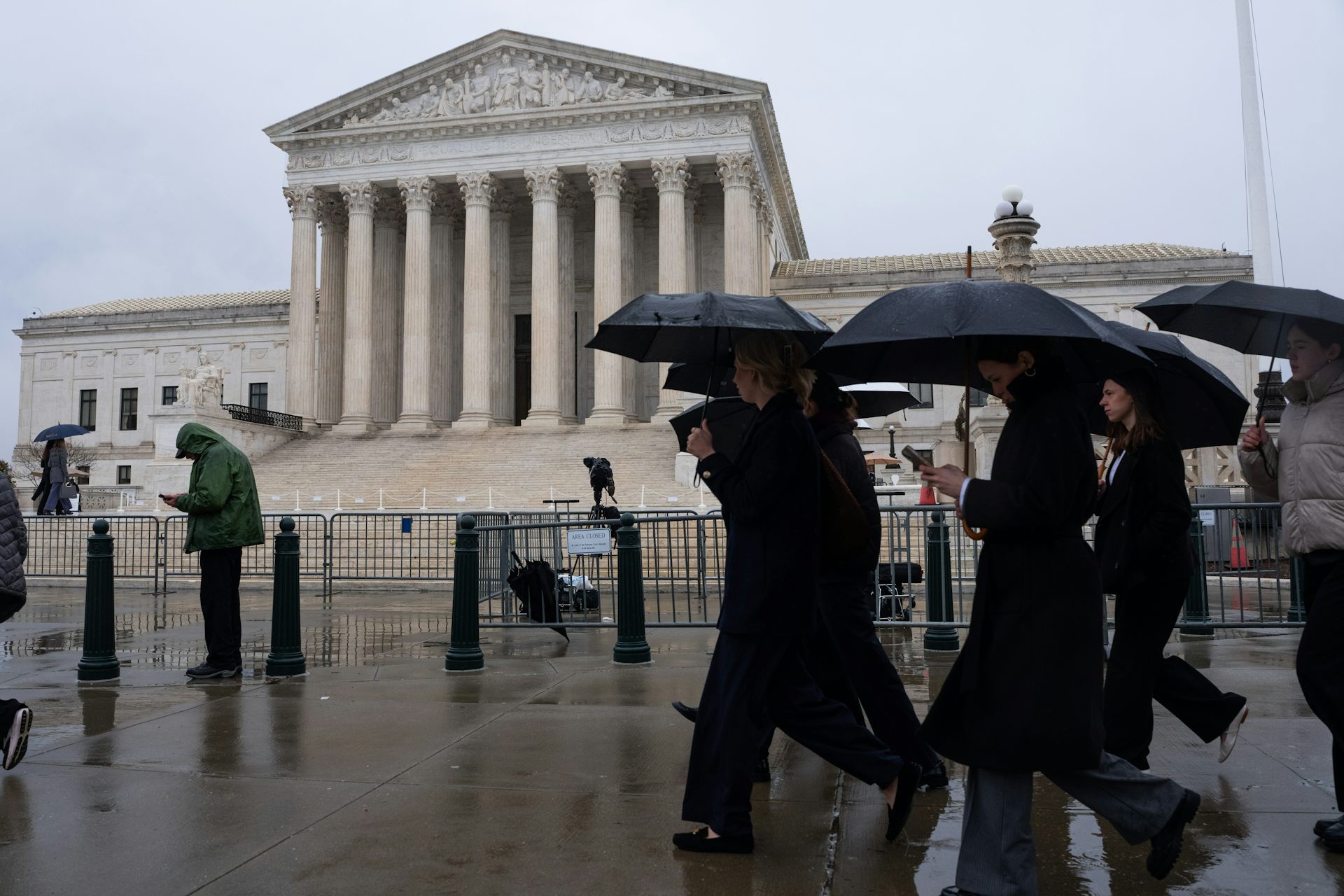Marijuana legalization – a rare issue where women are more conservative than men
Could mothers be responsible for the gender gap? Or are other factors at play?
Surveys show that on issue after issue, women are more liberal than men, save for one: Men are more likely than women to support the legalization of marijuana.
Americans are becoming more supportive of marijuana legalization each year but the gender gap remains a constant: While 68 percent of men now support marijuana legalization, only 56 percent of women do.
What’s behind this gender gap?
We suspected mothers might be a key driver. In our book “The Politics of Parenthood,” we were able to show that mothers support policies that help children, whether it’s subsidized health care or public assistance for needy kids. So we naturally assumed that mothers – out of concern for children’s health – were driving the gender divide on the issue.
We were wrong.
Parenthood is political
Becoming a parent and raising a child is a profound life-altering experience. It changes how you spend your time, the way you think about your finances, whom you socialize with, and what you worry about.
But until recently, political scientists had ignored the ways being a parent might shape political attitudes.
In previous research, we drew from a range of national data sets to show that parenthood is, indeed, political. We showed that parents have distinct views on a range of policies, from government spending on education and child care, to the role the government should play in helping others.
Dads today are more likely to take on child care duties than in the past. But we found that parenthood remains a highly gendered experience. Mothers still spend more time parenting than men. Mothers also engage in more of the day-to-day work of parenting such as scheduling play dates and making doctor appointments.
Given the greater amount of time women spend caring for and worrying about their children, it’s perhaps not surprising that women’s political views are more affected than men’s by the experience of being a parent.
Across time and across demographic groups, motherhood consistently pushes women to embrace more liberal views on the role of government, which they see as a source of support for their kids.
Testing the motherhood hypothesis
All of this previous research fortified our belief that motherhood would be a major driver behind the gender gap on marijuana legalization. After all, so many of the anti-drug messages in the media focus on the dangers drugs hold for children.
It makes sense that mothers – worried about the safety of their children – might not want a mind altering drug to become freely available. Some earlier research even hinted that this might be the case.
To put our motherhood hypothesis to the test, we drew on a distinctive data set from the Pew Research Center that included a series of questions on attitudes towards marijuana, including self-reported marijuana usage.
Unexpectedly, we discovered that mothers and fathers were no more likely to oppose marijuana legalization than women and men without kids.
The real drivers of the divide
So if a lack of support among women for legalization has nothing to do with motherhood, what’s behind their tepid support?
We identified three key drivers.
First, women are more likely to be religious than men. Earlier work has found that, unsurprisingly, religious people are more disapproving of marijuana use and less likely to try drugs.
Second, men have a higher tolerance for risk than women. Legalizing marijuana involves some risks to society, and it appears that men are more comfortable with these risks than women.
But what best explains the gender gap in support is the gender gap in marijuana use. Men simply use marijuana more than women, and this seems to make them more likely to support legalization.
We were curious about which other demographic and political factors might predict marijuana use and support for legalization. Some results were surprising, while others weren’t.
Married people and older people were less likely to report using marijuana – no surprise there. But we found that despite Republicans’ lower level of support for marijuana legalization, Republicans were just as likely as Democrats to report using marijuana.
The other surprise was that mothers and fathers who had children 18 or younger in the home were just as likely to report using marijuana as non-parents.
The fact that mothers use marijuana as much as other women certainly helps explain why there’s no motherhood gap for marijuana attitudes. When it comes to marijuana, the perception that mothers are distinctively moral – or make more wholesome choices than the rest of society in order to protect their children – isn’t really supported by the data.
The authors do not work for, consult, own shares in or receive funding from any company or organization that would benefit from this article, and have disclosed no relevant affiliations beyond their academic appointment.
Read These Next
Why Stephen Colbert is right about the ‘equal time’ rule, despite warnings from the FCC
The ‘equal time’ rule has been around for a century and aims to promote broadcasters’ editorial…
Supreme Court rules against Trump’s emergency tariffs – but leaves key questions unanswered
The ruling strikes down most of the Trump administration’s current tariffs, with more limited options…
How Dracula became a red-hot lover
Count Dracula was originally a rank-breathed predator. His transformation into a tragic romantic mirrors…






